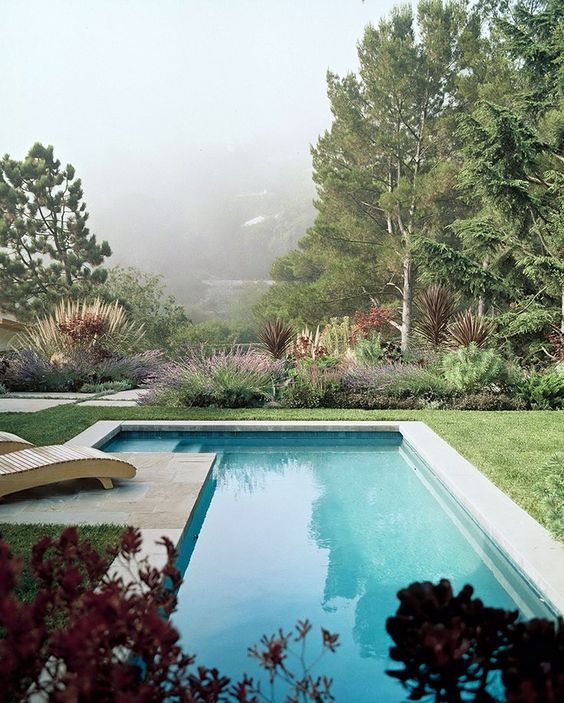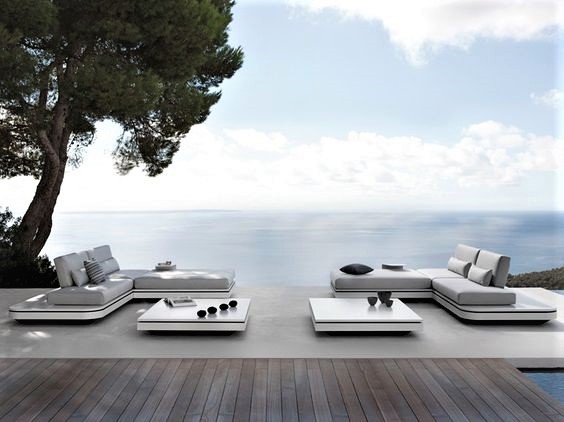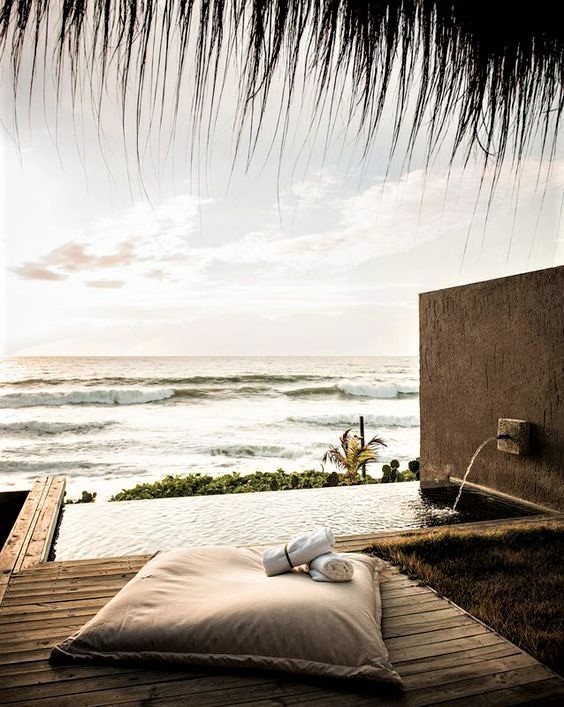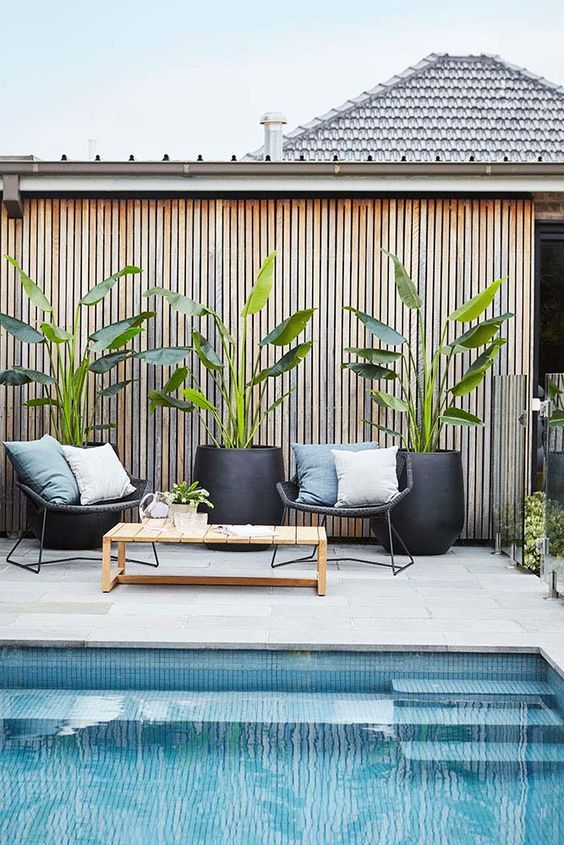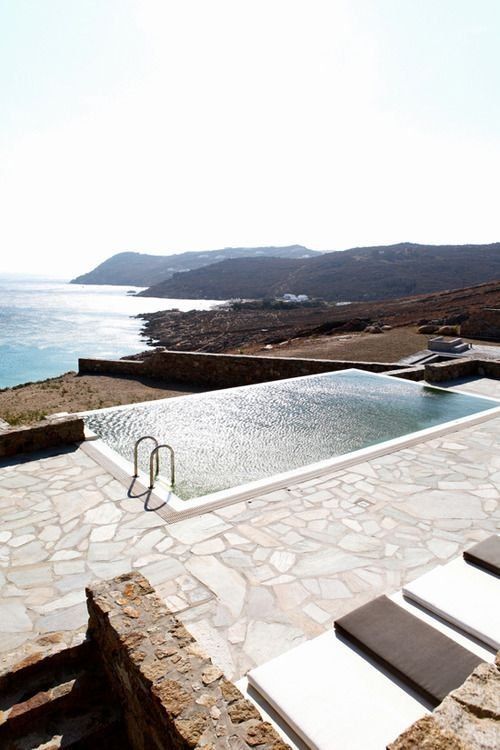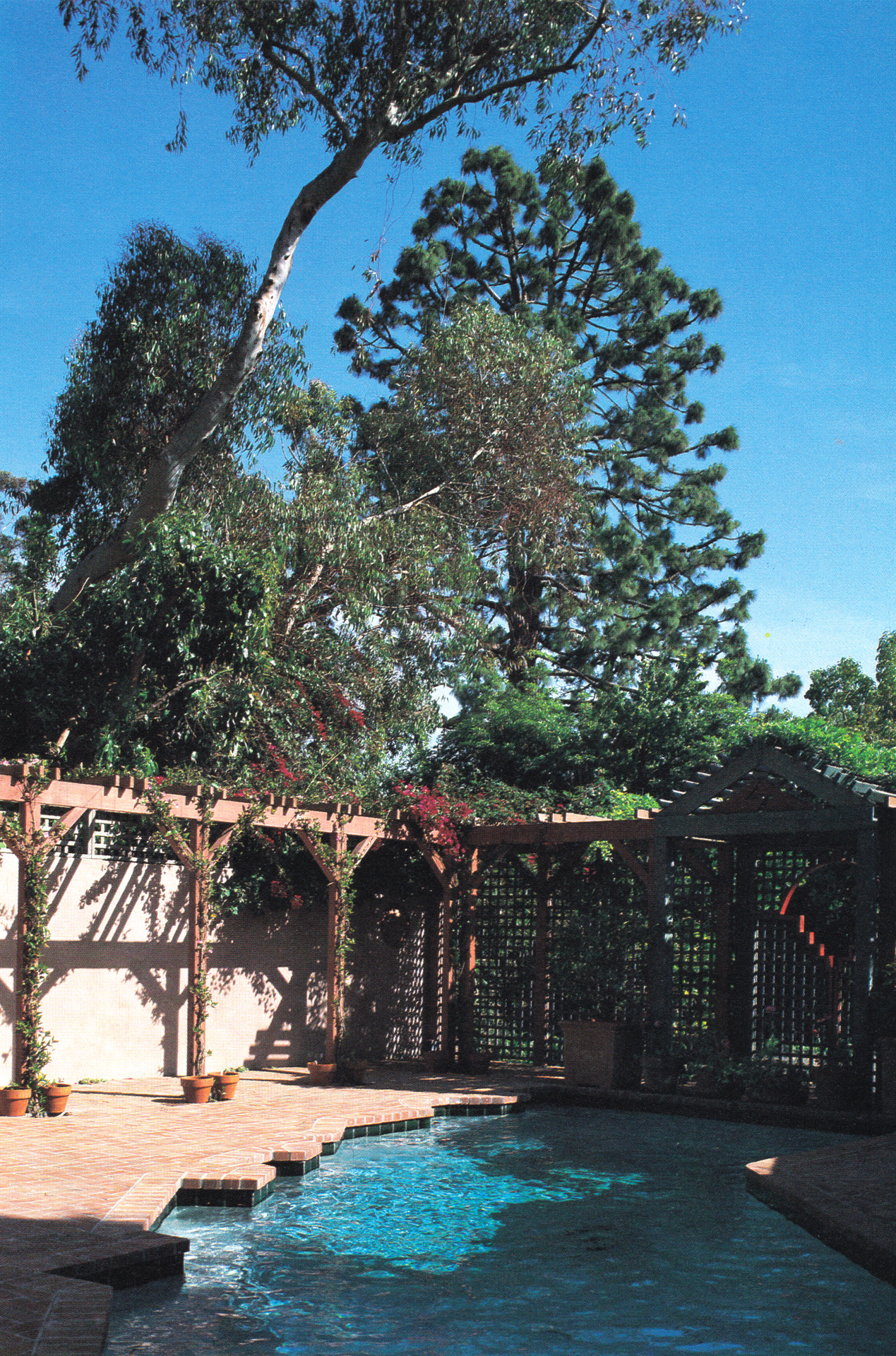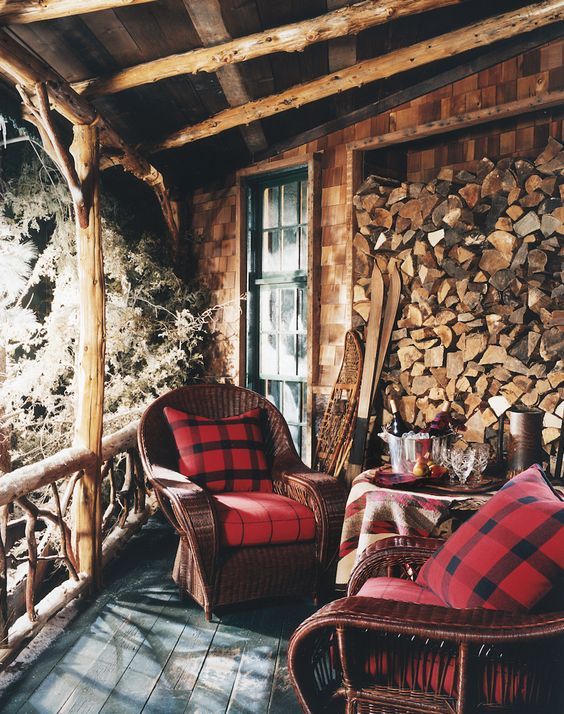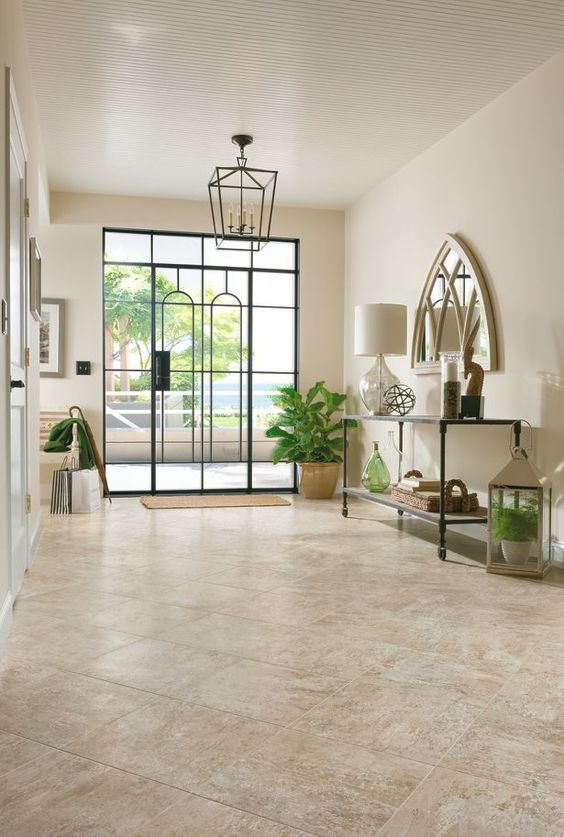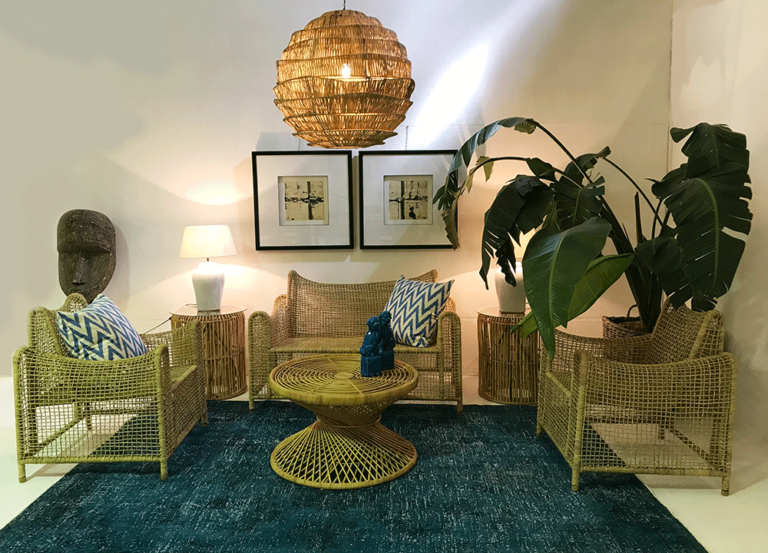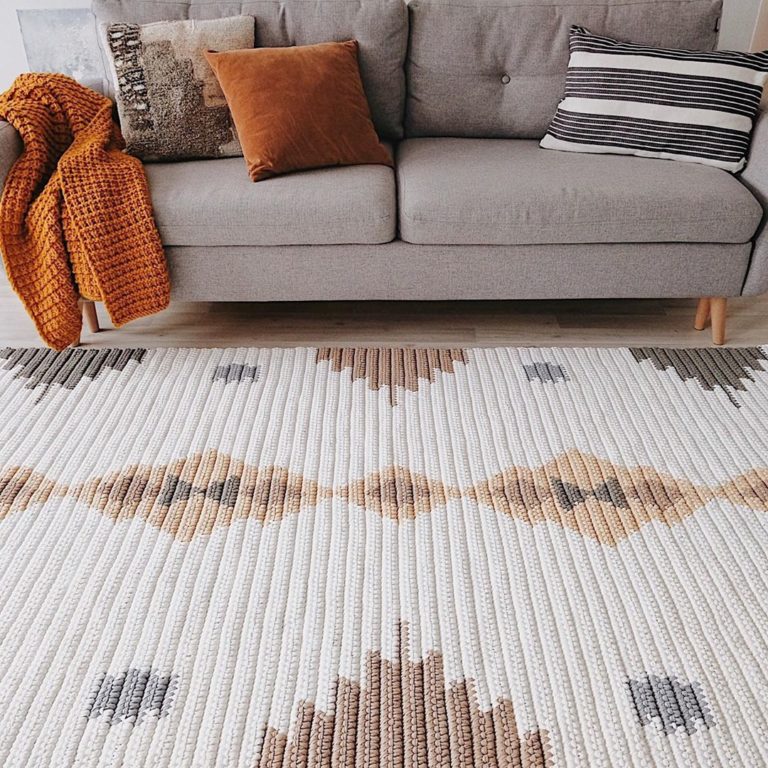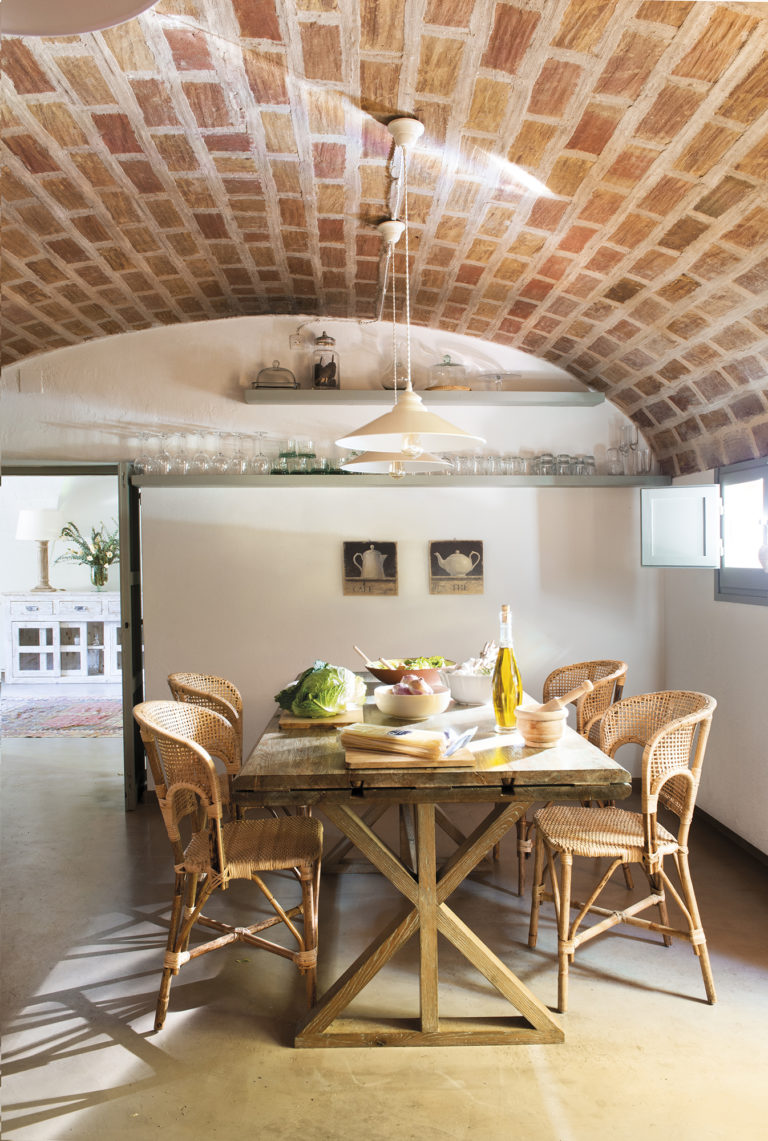The Pros and Cons of Different Pool Deck Materials
In the fight to be the most ideal pool deck material, there are more than a couple contenders vying for the title in this article. With each of their own strengths and weaknesses, choosing the right material for your pool deck can be quite puzzling. In this article, we pit each one against the other to find out which one is worthy of your choosing. Read on!
The Challenger: Concrete
Concrete pool decks are a popular contender because of its known durability. It allows the widest room for customization amongst others. With concrete, you can achieve a stamped pool deck and add cool decking feature.
Advantages:
- Completely customizable with a wide array of overlays to choose from.
- Relatively inexpensive compared to other materials.
- Low maintenance and easy to clean.
- Heat reflective especially when cool decking is applied.
Disadvantages:
- Cracks are unavoidable because of natural causes.
- Installation can’t be done on one’s own, unlike pavers.
- Difficulty in achieving exact color when patching up needs to be done.
The Challenger: Wood
When you want to go the traditional way, wood is your number one choice. It is the original material used for pool decks. It doesn’t allow for much customization when it comes to color and style but it has a distinct charm to it.
Advantages:
- Is naturally warm compared to other materials.
- Provides a look straight from mother nature herself.
- Some types of wood such as softwoods are the most inexpensive decking material option.
Disadvantages:
- Hardwoods can be staggeringly expensive.
- Heavy on the maintenance.
- Availability and prices depend on where you are from.
The Challenger: Pavers
Pavers are the real deal when it comes to patterned pool decks. It’s basically the original behind the innovation of stamped concrete. It comes in a variety of colors and can be installed in different patterns depending on your preference.
Advantages:
- If installed correctly, has little to no chance of cracking.
- Allows for a seamless fix when repairs are required.
- The natural texture makes for good traction.
- Allows for easy fixing of underground issues, unlike stamped concrete.
Disadvantages:
- Is prone to moving and settling over time.
- Limited colors and patterns compared to stamped concrete.
- Weeds can grow in between gaps without polymeric sand
The Challenger: Bricks
Bricks are another popular material for pool decking because of its attractive quality. The complement houses in almost every architectural style from contemporary to Victorian. It can also come in a variety of colors.
Advantages:
- Has a timeless flexible look that matches a multitude of architectural styles.
- Comes in many colors and varieties.
- Environment-friendly because of its 100% recyclable quality.
- Easy to maintain.
Disadvantages:
- Requires labor-intensive installation.
- Matching brick shades can be difficult when replacement is needed.
- Prone to sinking and unevenness.


